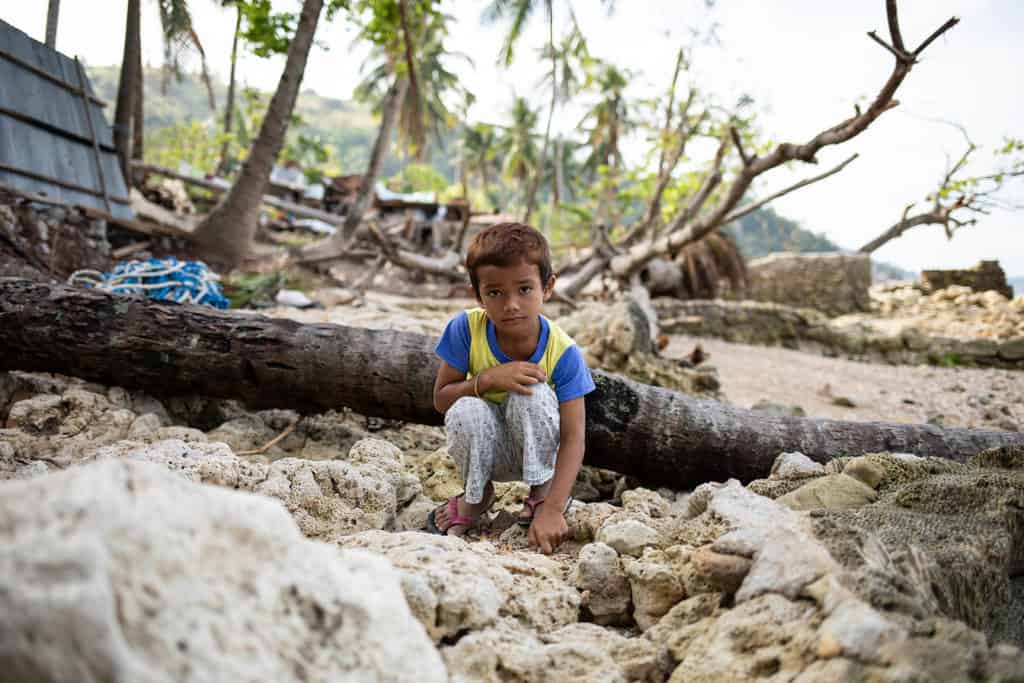
Children around the world are suffering through unimaginable conflicts. While war and natural disasters can make us feel helpless, there’s something we can do: pray.
As a child-focused and Christ-centered organization, we trust in the power of prayer, believing that God will work in the lives of children. Join us in prayer for child protection by learning how conflict threatens children and how you can fight back with sample prayers.
Defend the weak and the fatherless; uphold the cause of the poor and the oppressed. Rescue the weak and the needy; deliver them from the hand of the wicked. — Psalm 82:3-4, NIV
What’s Here:
- How Does Conflict Threaten Children?
- 7 Powerful Prayers for Protection of Children
- Inspiration for Your Prayers of Protection
- Partner With Us in Prayer for Children in Need
How Does Conflict Threaten Children?
Children living in poverty are some of the most vulnerable in the world. Add war, gang violence and other turmoil, and the danger increases.
For example, war separates families, making children vulnerable to exploitation. Children are often forced to become soldiers or laborers. Conflict can also disrupt food and water supply channels, cut off access to medical care and stop education, all of which are critical to a child’s well-being.
We’re Called to Help
Jesus was very clear about how we are to respect and protect children.
If anyone causes one of these little ones — those who believe in me — to stumble, it would be better for them to have a large millstone hung around their neck and to be drowned in the depths of the sea. — Matthew 18:6, NIV[BM3]
Matthew 18:10 (NIV) says, “See that you do not despise one of these little ones. For I tell you that their angels in heaven always see the face of my Father in heaven.” And throughout the Bible, we’re instructed to look out for the vulnerable, including orphans and widows (James 1:27, Psalm 82:3, Psalm 41:1).
So what are we to do when violence and natural disasters arise that threaten children? We can give to relief and rescue efforts, invest in the well-being of kids in need and pray for children everywhere to be safe, healthy and protected.
7 Powerful Prayers for Protection of Children
Max Lucado once said, “A specific prayer is a serious prayer.” Being specific in our prayers helps us to focus our time spent with the heavenly Father while deepening our empathy for the little ones we’re praying for.
Here are some sample prayers to get you started, including some for specific conflicts around the world.
1. Protection During the Russia-Ukraine War
Heavenly Father, we pray for the children and families affected by this war. Please calm and comfort them. Give frightened parents discernment about what steps to take to protect their families. Change the hearts of those who cause suffering, and bring an end to all violence. Thank you for your faithfulness. In Jesus’ name, amen.
2. Protection From Violence in Haiti
Heavenly Father, we pray for the children and families impacted by the violence and unrest throughout Haiti. Protect the little ones and their families who call Haiti home. Provide leadership with a solution to the crisis so that all violence will end. Thank you for your peace that surpasses all understanding. In Jesus’ name, amen.
3. Protection Throughout the War in Yemen
Heavenly Father, please comfort those whose loved ones have been killed. Please make a way for humanitarian assistance to get through to the children in desperate need. End the fighting and shield every child from harm. Thank you for always making a way when there seems to be no way. In Jesus’ name, amen.
4. Protection During the Civil War in Syria
Heavenly Father, please provide stability and safety to the millions of refugees and displaced people in Syrian war zones. Send your Holy Spirit to comfort children who experience trauma because of the violence. Thank you for your willingness to heal those in need. In Jesus’ name, amen.
5. Protection in the Midst of Poverty
Heavenly Father, we ask that you provide for children living in extreme poverty because of conflict around the world. Give them the food, shelter, water and other life-giving essentials they need to thrive. Inspire those who can help to do so. Thank you for giving all children a future and a hope. In Jesus’ name, amen.
6. Protection During Natural Disasters
Heavenly Father, comfort children in the midst of disaster. Remind them that you’re their Protector and their Rock, even when the earth gives way. Help provide shelter and other necessities for them, Father, and reunite those lost with their families. Thank you for being the constant Light in the darkness for all of us. In Jesus’ name, amen.
7. Protection for All
All children are deserving of protection, even if they’re not in the midst of war or conflict. In our prayers, we should ask God to protect all children, no matter where they are or what they’re going through.
Here’s a sample prayer for inspiration:
Heavenly Father, protect the children of the world. Take them under your wing, shielding them from conflict, disaster and those who would try to hurt them. Raise up helpers, Father, who are willing to stand in the gap for children in need. In Jesus’ name, amen.
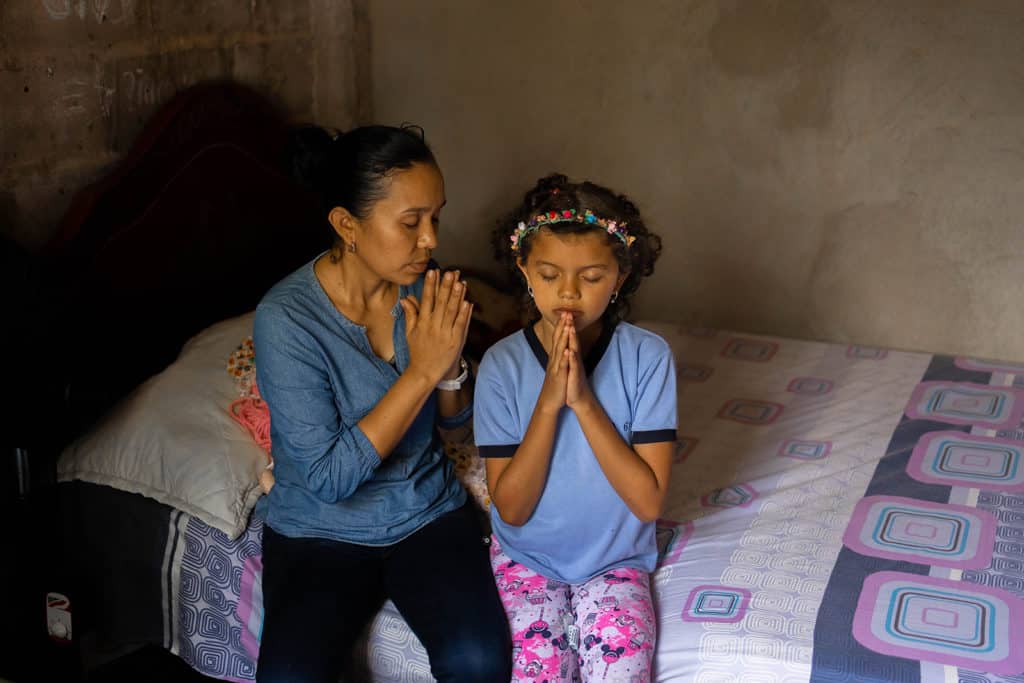
Inspiration for Your Prayers of Protection
Prayer doesn’t have to be hard. Prayer is all about talking to God like you would a friend, so let your conversation flow freely! But if you’d like some help getting started, here’s some additional inspiration, including helpful things to pray for and other ways to pray.
Helpful Words
Not sure what to ask God when it comes to praying for children in conflict? Here are some specific things you can pray for:
- Provision.
- Protection.
- Sustenance.
- Safety.
- Health.
- Happiness.
- Love.
- Joy.
- Peace.
- Comfort
- Growth.
- Trust.
- Faith.
- Hope.
Pray the Psalms
One powerful way to pray is to pray God’s Word. And some of the best prayer inspiration can be found in the Psalms. For example, let’s pray for the protection of children by using Psalm 46:
Heavenly Father, our ever-present help in times of distress, be a refuge and strength for children in need. Help them not to fear, though the earth shakes and the mountains quake. Lord, be with them as their stronghold and place of safety. Help them to be still and know that you’re God. Thank you for being with us always.
Pray a Blessing
Another way to pray for children in need is to pray a blessing straight from the Bible. A good blessing for children can be found in Numbers 6:24-26 (NIV):
The Lord bless you and keep you; the Lord make his face shine on you and be gracious to you; the Lord turn his face toward you and give you peace.
Partner With Us in Prayer for Children in Need
Compassion works in partnership with local churches around the world who dedicate themselves to protecting children. And these churches and the children they serve need our prayers.
One way we pray at Compassion is by using a monthly prayer calendar that outlines daily prayer requests from our partner churches in 29 countries. You can join us in prayer by downloading your own monthly prayer calendar now.
Photos by Edwin Estioko and Lina Marcela Alarcón Molina.
Pray With Us
Join us in prayer each month for children living in poverty and conflict as well as the churches that serve them.
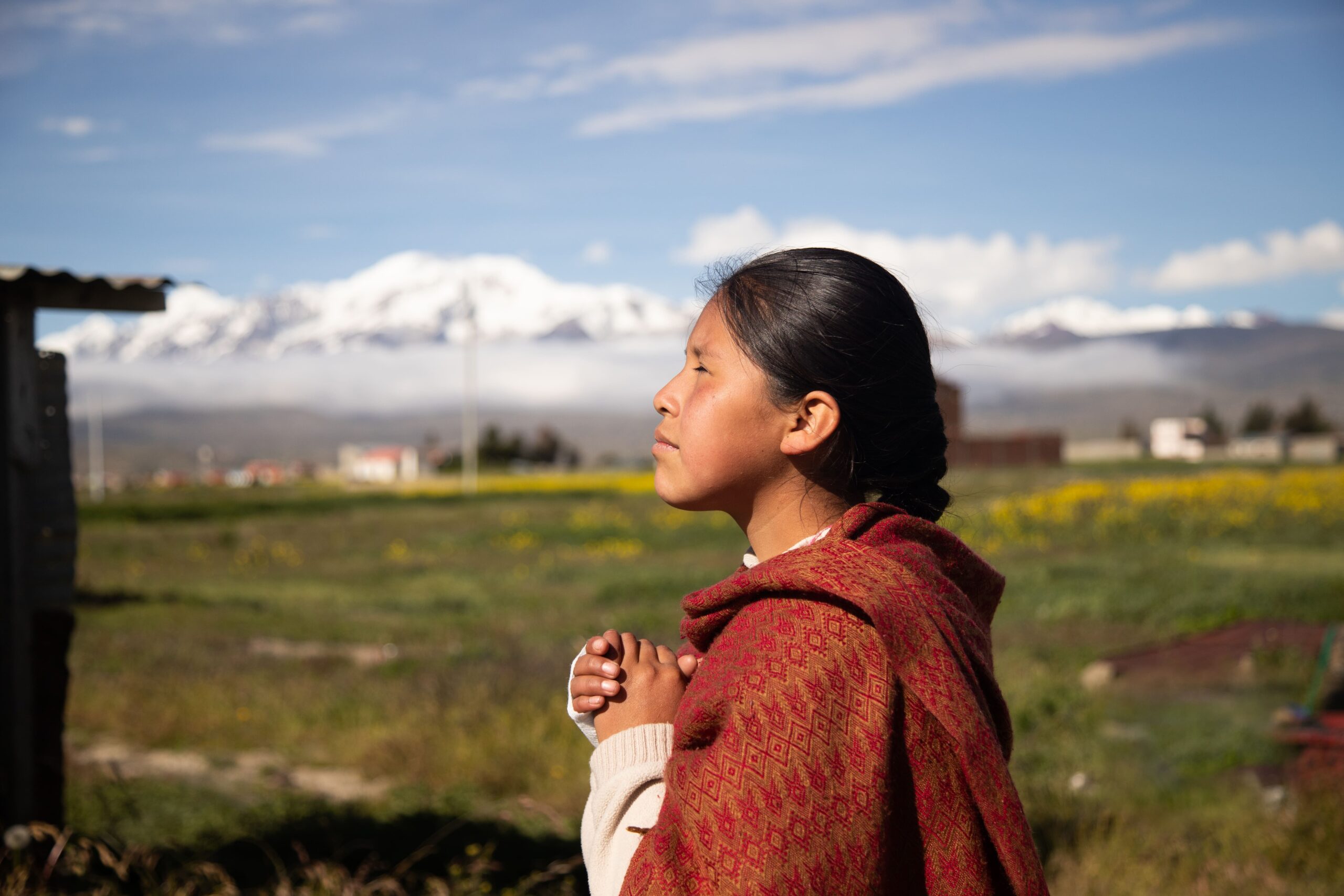

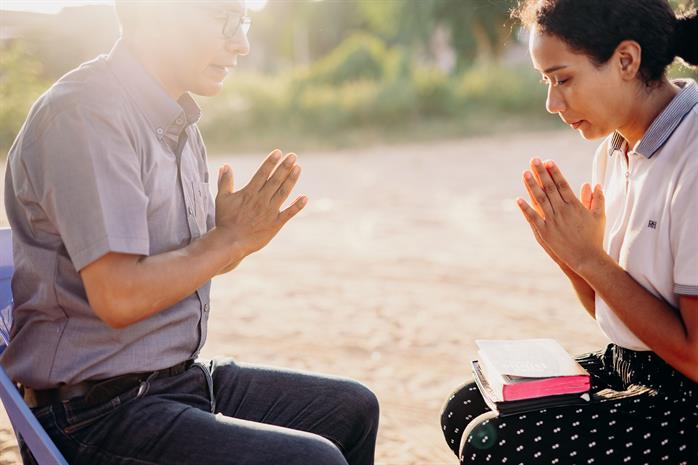
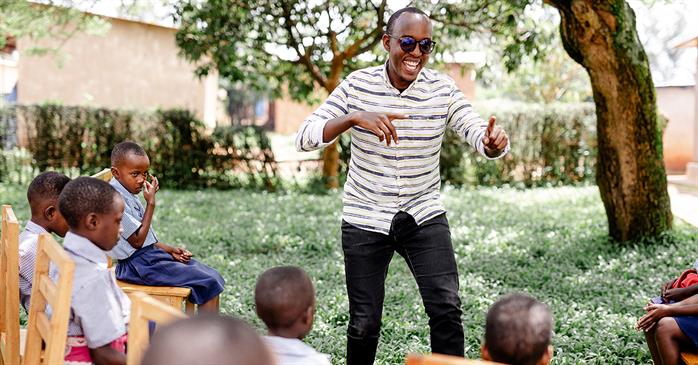
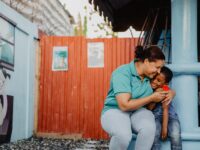


5 Comments |Add a comment
Thank you dear Lord for being with me in my time of need thank you for all your grace and mercy thank you for being with me always and just name I pray amen
We are the Future Foundation International, INC. Here to write and inform you that we want to partner with your organization and continue the same dream. We also asked for the protection of the children and let God also help us to get donation for our Vulnerable children. Currently, the children are orphanage but no donation yet and may God continue to bless everyone of us in Jesus name I pray.
Hello, Alfred! Thank you for reaching out to us about a partnership. Can you please send us an email at [email protected] so we can assist you further? We look forward to hearing from you!
I sponsor four children in Ethiopia. I understand that the programs are not running right now in Ethiopia because of the conflict. I haven’t heard from my children since July of 2021. I don’t even know if they are alright. I keep writing and sending money through Compassion for the children or for their family or birthdays but I have no idea if it is getting to the children. I have other children in Compassion (I sponsor 15 total) and I don’t know if I should stop sending letters and money to the ones in Ethiopia and focus on the other children but it is like four pieces of my soul are missing. I wish I could know that my children are safe and being taken care of by the church or by Compassion but the last information I got was that everything was shut down in Ethiopia. I keep hoping to hear from them and praying for my children daily. If the war never ends or if my children die in the conflict what will happen to the money that is being sent for them? I keep reading the blogs from Compassion to try to find the best way to pray them through this conflict. I wish there was a way to let the children know I am still here, praying, and trying to help them.
Jenny, I am so sorry to hear that you have not heard from your sweet Compassion children in Ethiopia! We completely understand your concern for them and that they are being cared for. Your love for them is so obvious, and we are deeply grateful for all the support you give to all your children! Please know that some of the programs within Ethiopia are running, and we would be happy to look into your account to see if we can give you any further information about the four children you sponsor there. If you would like, please send us an email at [email protected] along with your sponsor number.